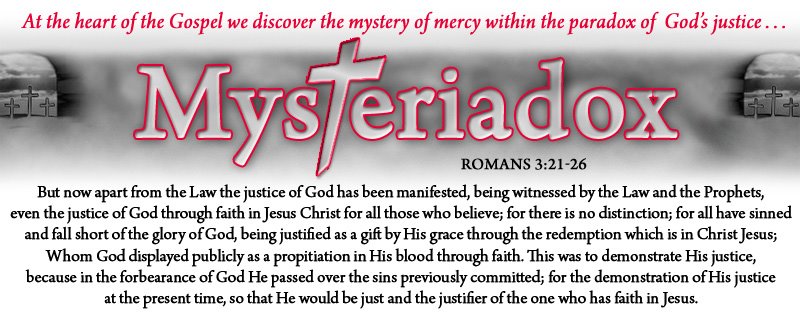 "What is it that forms the content of that primitive teaching? Is it a general principle of the fatherliness of God or the brotherliness of man? Is it a vague admiration for the character of Jesus such as that which prevails in the modern Church? Nothing could be further from the fact. 'Christ died for our sins,' said the primitive disciples, 'according to the Scriptures; He was buried; He has been raised on the third day according to the Scriptures.' From the beginning, the Christian Gospel, as indeed the name 'gospel' or 'good news' implies, consisted in an account of something that had happened. And from the beginning, the meaning of the happening was set forth; and when the meaning of the happening was set forth then there was Christian doctrine. 'Christ died' - that is history; 'Christ died for our sins' - that is doctrine. Without these two elements, joined in an absolutely indissoluble union, there is no Christianity."
"What is it that forms the content of that primitive teaching? Is it a general principle of the fatherliness of God or the brotherliness of man? Is it a vague admiration for the character of Jesus such as that which prevails in the modern Church? Nothing could be further from the fact. 'Christ died for our sins,' said the primitive disciples, 'according to the Scriptures; He was buried; He has been raised on the third day according to the Scriptures.' From the beginning, the Christian Gospel, as indeed the name 'gospel' or 'good news' implies, consisted in an account of something that had happened. And from the beginning, the meaning of the happening was set forth; and when the meaning of the happening was set forth then there was Christian doctrine. 'Christ died' - that is history; 'Christ died for our sins' - that is doctrine. Without these two elements, joined in an absolutely indissoluble union, there is no Christianity."- J. Gresham Machen, Christianity and Liberalism, Eerdman's, 1923, pp. 26-27
The phrase "according to the Scriptures" is also noteworthy. Early Christians were totally committed to the inspiration and authority of Scripture. They believed that Gospel history, summed up in the words, "Christ died," took place under the sovereign direction of God in fulfillment of His Word. And they believed that Gospel doctrine, summed up in the words, "Christ died for our sins," was the clear and undeniable teaching of the Word of God. Stray from this Word and this Gospel, and you find only mush.

No comments:
Post a Comment